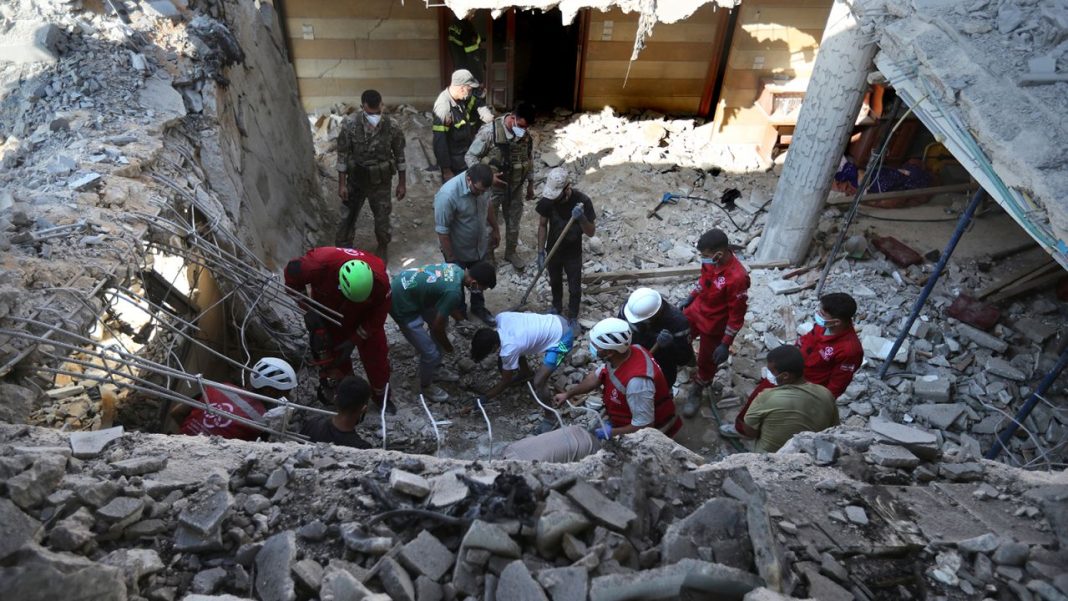“Lebanon finds itself facing a conflict and a humanitarian crisis of catastrophic proportions,” UN Special Coordinator for Lebanon, Jeanine Hennis-Plasschaert, said at a virtual news conference.
Emphasizing the “unimaginable price” on civilians, Hennis-Plasschaert noted: “Unrelenting bombardment is now part and parcel of daily life in Lebanon.”
“In just over one week, we saw the death toll of the ‘month-long 2006 war’ surpassed,” she added.
Stating that Oct. 7 changed “the threat perception in Israel”, she stressed that “a continuation of the death and destruction we have seen so far will not, cannot, bring about safety or security.”
“Yes, it might lead to short-term tactical wins, but longer-term strategic gains will remain elusive.”
Asked about Israeli Prime Minister Benjamin Netanyahu’s recent video threatening Lebanon, Hennis-Plasschaert said it was viewed “as ominous and considered a threat” by the people of Lebanon.
Regarding a cease-fire, she expressed hope for Israel to soon be “ready to add its support to the many calls and appeals out there a cease-fire or a pause”.
“We need a period of calm to bring parties to the negotiation table and to find and agree upon sustainable solutions,” she continued, adding that “tactical wins do not add up to a solid strategy”.
UN Humanitarian Coordinator for Lebanon Imran Riza also highlighted “widespread civilian casualties, mass displacement and extensive destruction” across Lebanon amid Israel’s airstrikes.
Noting that the ongoing conflict “brings uncertainty and insecurity,” Riza said: “More than 600,000 people are internally displaced across the country, over half of them women and girls. At least 350,000 children have been displaced.”
He stressed that most children are out of school as 75% of public schools have been turned into shelters.
Noting the collapse of essential services and the urgent need for international aid, Riza added, “Even wars have rules. We urge all parties to uphold their obligations under international humanitarian law.”
Calling on the international community to act immediately, Riza stated that “the suffering will only deepen and spread” without a “robust political diplomatic process” that leads to a permanent cease-fire.
